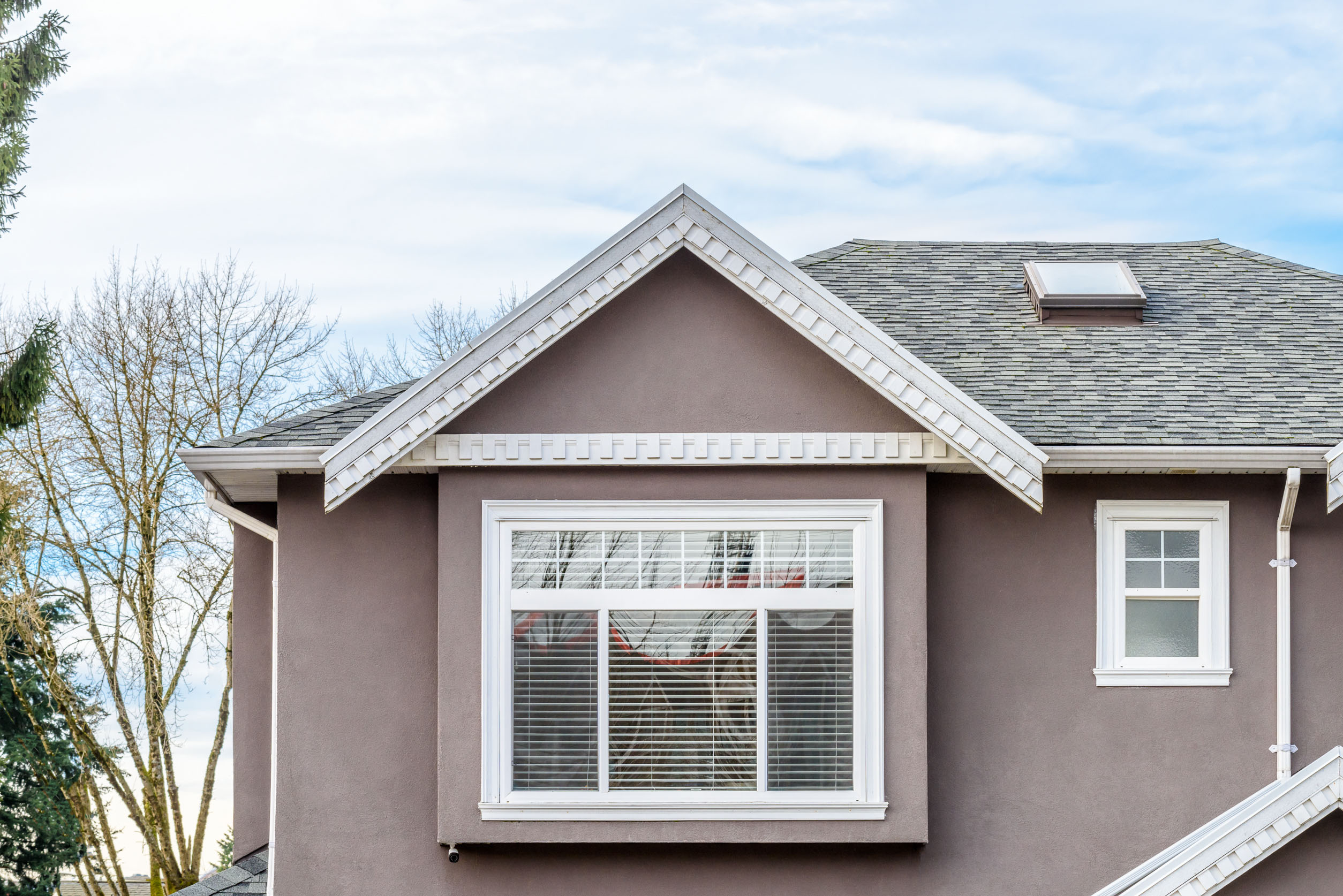
Cheeky Monkey Cleaning Service FAQs
Soft washing is a cleaning method that uses a low-pressure washing technique, along with a mixture of algaecides, bleach, surfactants, and water to safely clean exterior surfaces of organic stains, mildew, and algae.
To get started with our soft washing services, contact Cheeky Monkey Cleaning Service, a residential window washer you can depend on!
Although soft washing, power washing, and pressure washing seem similar, they all use different techniques, equipment, pressure, and chemicals. Power washing and pressure washing use a much more powerful water pressure than soft washing. Also, power washing is typically done with much hotter water than pressure washing. The soft washing method is combined with a biodegradable disinfecting cleaning solution to kill mold, mildew, bacteria, algae, fungus, moss, and more!
To find out more information or to get started with our services, contact us today. Aside from offering a pressure washer service, we provide a quality residential window washer service Florida residents love!
Soft Washing should be used on surfaces that are notoriously hard to get clean with pressure or would be damaged if one were to use high pressure on them such as windows, roof shingles, screens, wood paneling, and more. Soft washing was originally designed for the purpose of cleaning algae off of roof shingles.
For more information, contact us today! We strive to be a top residential window washer you can turn to for reliable services.
Water will be fed through a water purification system to purify and remove particles. There are three types of filters, which is why some systems are called "three-stage" water purification systems. Here are the three types:
1. Carbon filters are the first stage in the 3-stage system, and are used to catch not only the biggest debris but remove chlorine from the water.
2. Membrane reverse osmosis, or RO, is the second stage of the 3-stage system and uses an RO membrane to remove removing about 98% of the water's impurities. However, the membrane is susceptible to damage from chlorine, which is why the carbon filter must come first.
3. The remaining water goes through deionization (DI) resin, aka filter, to clean up the rest of the water. Deionization is a powerful water purification process, but the resin is expensive.
In some cases, you may only need a DI filter. In other situations, it's more cost-effective to have a RODI system. The purified water is then fed through a telescopic pole with a brush head. The constant stream of purified water and agitation from the brush head cleans dirt and grime from windows without needing detergent. The water is pure so it won’t leave behind streaks, residue, or mineral deposits. Even though the windows are not dried with a towel or squeegee, they dry quickly and are streak free because the water is purified.
According to Forbes, window cleanings should take place at least twice per year. If you're looking to have your windows cleaned, contact us! We're proud to be a residential window washer you can trust.
There are quite a few scenarios in which you should choose to pressure wash. Dirty pavers are not the only signal that it is time. Regular cleaning and maintenance remove most pavers stains. It also helps prevent bigger issues. A scrub brush, hot water, and soap are your greatest paver cleaning tools.
However, sometimes there is a set in stain that your scrub brush just can’t reach. If you have tried everything and the stain is not coming out, it’s time to pressure wash. Pressure washing is also a great idea before installing new pavers. Pavers are amazing because if one breaks, you can replace it. They are individual pieces that interlock together. This means if one breaks, you do not need to remove everything.
You can also remove stubbornly stained pavers instead of cleaning them. But before putting new pavers in among your old pavers, pressure wash. Why? Because you do not want some pavers looking brand new and some looking old. Your new pavers will stand out against your old ones if you do not pressure wash them. Pressure washing all your pavers when you get new ones helps to create a consistent look.
If you are planning to seal your pavers, you should pressure wash them first. Even with regular maintenance, there is no telling what is lurking in your pavers’ pores. Just because the surface is sparkling clean does not mean the inside is. Sealing your pavers seals in everything. That means any dirt, mold, or weeds left behind get sealed in, too. The purpose of sealing is to protect your pavers from these elements.
To avoid this dilemma, schedule a pressure wash before sealing your pavers every time. That way you can feel confident nothing goes wrong with the sealing process. Contact our team for a paver cleaner or residential window washer you can rely on!



